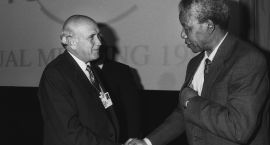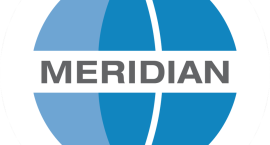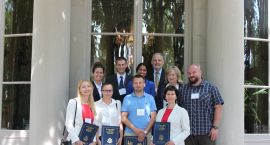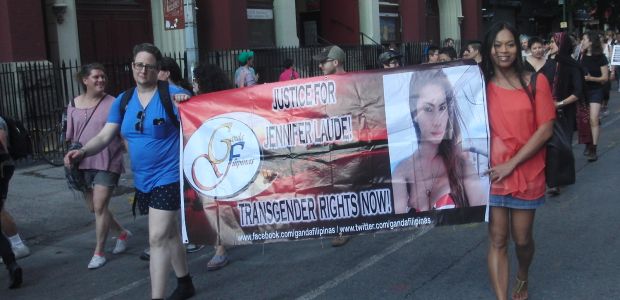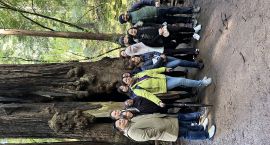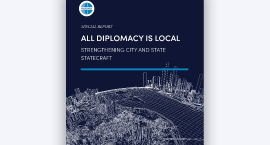In June 2015, Naomi Fantanos participated in an IVLP project on Preventing and Responding to Bias-Motivated Violence Against the LGBTI Community. Naomi is the Founder and Executive Director of transgender rights group GANDA Filipinas, which works to battle transphobia in the Philippines. She offered the following reflections on her exchange experience and the impact of Pride Month.
What does Pride mean to you?
Pride has come to mean so many different things to me through the years, from when I was actively organizing it and, alternatively, the times I was just one of its many marchers. One thing is for certain, Pride is revolution. It traces its roots to the Compton Cafeteria riots in 1966 and then the Stonewall Inn riots in 1969, both of which are revolts against police brutality, systemic and structural sexism, racism, and violence, and the dehumanization of LGBTQI people. Pride is an uprising to reclaim our humanity. As such, it is a collective struggle. Pride is a stand against capitalism, racism, and colonialism/imperialism. It is a radical movement for genuine social, economic, racial, political, sexual, and gender liberation. Pride is liberation for us all.
This culture and tradition of collective struggle and supporting one’s community affirmed the saying that “revolution begins with care.”
How has your IVLP experience affected your work?
My IVLP experience was a lesson in the importance of adopting an intersectional lens in looking at our issues as LGBTQI people and the power of collective struggle and community care. I was particularly moved when our program brought us to the American deep south like Georgia, Alabama, and Mississippi, where we saw how the legacy of racism, colonialism, capitalism, and patriarchy remains deeply embedded in daily life. The struggle against these social ills continues, and to survive these structures of inequity people turn to their communities and care for each other. We saw activists who organized swap meets to support their communities financially. We also saw activists who started shelters for trans and gender non-conforming folks dealing with poverty and homelessness, and activists who challenged the law or pushed to change the law or policy to better the lives of their communities. This culture and tradition of collective struggle and supporting one’s community affirmed the saying that “revolution begins with care.”
What have you been doing since your IVLP experience?
Our organization, GANDA Filipinas, is part of a national LGBTQI network advocating for legal and policy reform called LAGABLAB LGBT Network. In September 2017, through LAGABLAB, we were able to shepherd the approval for the anti-discrimination bill (ADB) at the plenary of the Congress of the Philippines. This push for the ADB that seeks to protect LGBTQI people from discrimination started in 2000 in the Philippines, so getting Congress to approve the bill on the third and final reading nearly two decades after it was first filed was historic. Sadly, the victory at Congress was not matched by approval of the bill’s counterpart in the Senate. Now, five years since, progress on passing the ADB, also known as the Sexual Orientation, Gender Identity, and Gender Expression (SOGIE) Equality Bill, has been stalled.









